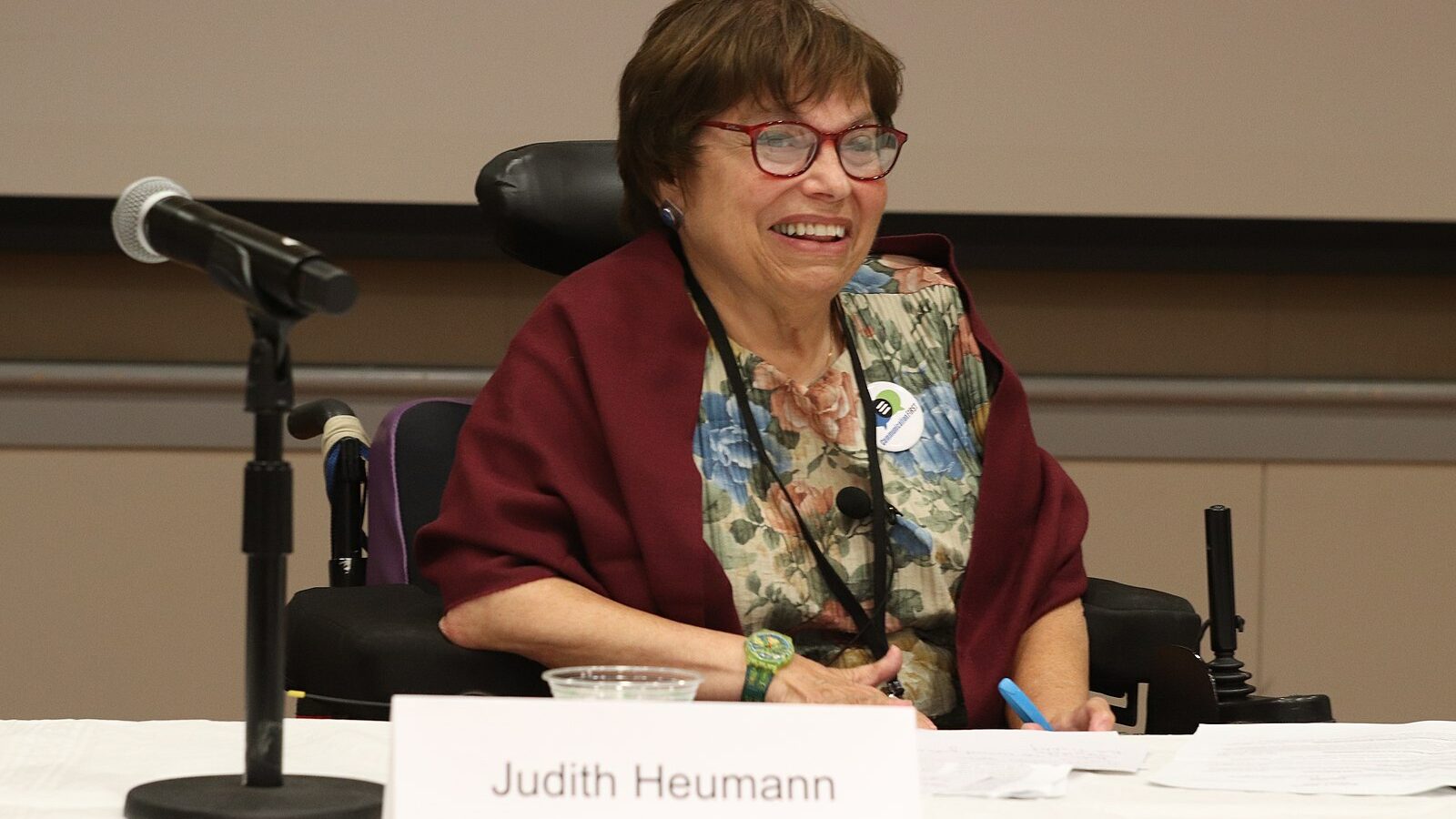“We will no longer allow the government to oppress disabled individuals. We want the law enforced.”
These words from the late, legendary American disability rights activist Judy Heumann, made in a speech at the age of just 29 in 1977, are as prescient today as they were back then – and not just in the US.
Heumann, who died aged 75 in 2023, was a trailblazer who spent years at the forefront of campaigns for the most significant piece of disability rights legislation in American history, the Americans with Disabilities Act (ADA) 1990.
July was not only Disability Pride Month in the US; the landmark ADA civil rights legislation prohibiting discrimination against disabled people had its 34th anniversary.
The law, which came almost two decades after civil rights laws were passed to protect other groups, including equal pay legislation for women, was a massive if imperfect step towards equal rights.
The ADA mattered greatly and, in a multitude of ways, altered the landscape and changed lives; Heumann herself went on to hold posts in both the Clinton and Obama administrations.
As Mia Ives-Rublee, director of the Disability Justice Initiative at the Center for American Progress explains, the ADA meant that “for the first time in history” there was in place “a broad spectrum” of protections for disabled people in America.
However, as she also stresses, having a law on the books does not always mean those protections are ensured. Neither proving nor eradicating discrimination is easy.
Next year, the UK will see the 30th anniversary of its own seminal legislation, the Disability Discrimination Act 1995.
This law, for the first time in British history, codified vital protections on a wide scale, including for employment, access to education and transport.
Its successor in England, Scotland and Wales, the Equality Act 2010, kept many of the same provisions and made disability one of nine protected characteristics. Along with the Human Rights Act 1998, these legal milestones represented ballasts against inequity in the UK.
However, just as in the US, for all the moves in the right direction, cumulatively the legislation has
not guaranteed full equality and certainly not freedom from abuse.
Had the Tories had their way, the Human Rights Act wouldn’t be around to offer any protection.
As for the Equality Act, it was only a year after it hit the statute books that Panorama exposed the horrific physical abuse of inpatients at Winterbourne View.
Despite the government pledging reform, scandal after scandal followed, including the avoidable death in 2015 of Connor Sparrowhawk in an NHS assessment and treatment unit.
Rights aren’t given – they must be fought for and won. There are still major battles to be fought institutionally, systemically and legislatively
Fast forward to 2020 and another abuse scandal was laid bare, this time related to Cygnet Healthcare’s Yew Trees unit for women with learning disabilities. Devastatingly, this came only a year after abuse at another of the private company’s units, Whorlton Hall, was exposed.
Law and reality
As campaigners in the US and UK have continually pointed out, while hugely significant, equality laws don’t mean that discrimination and abuse aren’t routinely taking place. Access to employment, education or health and social care is not a given.
For example, nearly three decades after the ADA was passed, people with intellectual disabilities in the US are less likely to be able to access the care they need. For older adults, this is even more pronounced.
The reality is that adults and children face ongoing discrimination across the public realm, in areas from criminal justice to work.
Commemorations of legislation give us an opportunity to take stock. Yes, celebrate the successes, but we must also understand which battles still need to be fought.
Rights aren’t given – they must be fought for and won. As we contemplate the milestones of landmark legislation, it is undeniable there are still major battles to be fought institutionally, systemically and legislatively.
As Ives-Rublee says, when it comes to protections and rights, existing laws are the floor, when “they should be the ceiling”.





